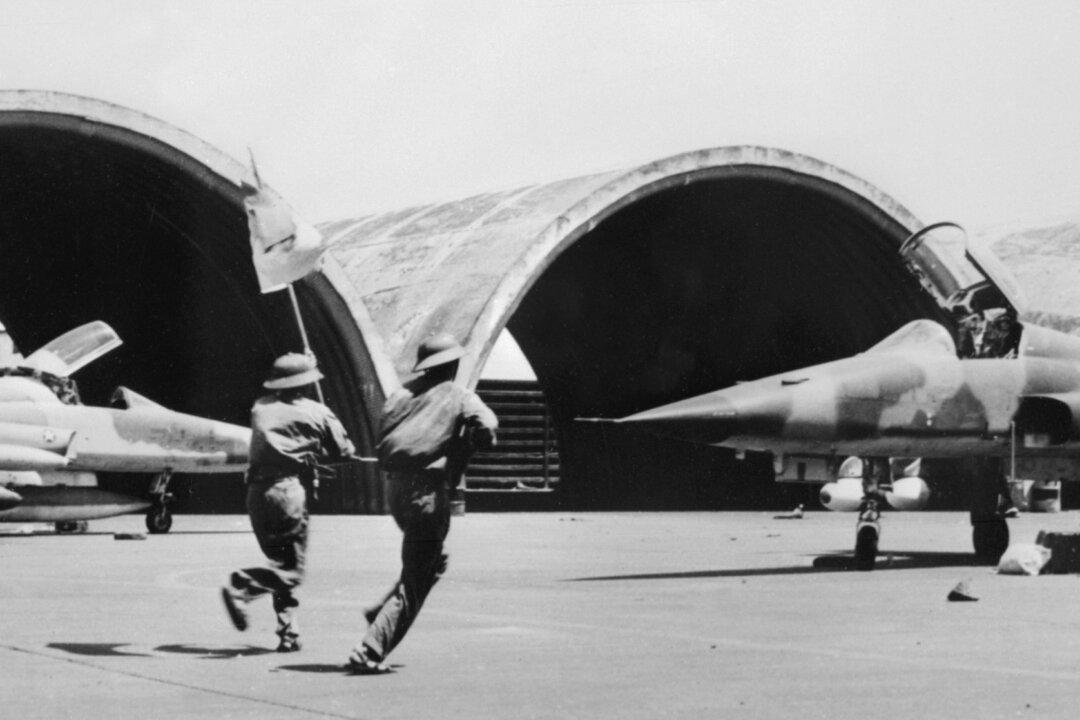The situation in Afghanistan is worse than that in Vietnam in 1975, a former foreign correspondent says.
Saigon, the capital of South Vietnam at the time, fell to the North Vietnamese Army on April 30, 1975. In the days leading up to the takeover, which effectively ended the Vietnam War, American troops evacuated thousands of Americans and Vietnamese.






